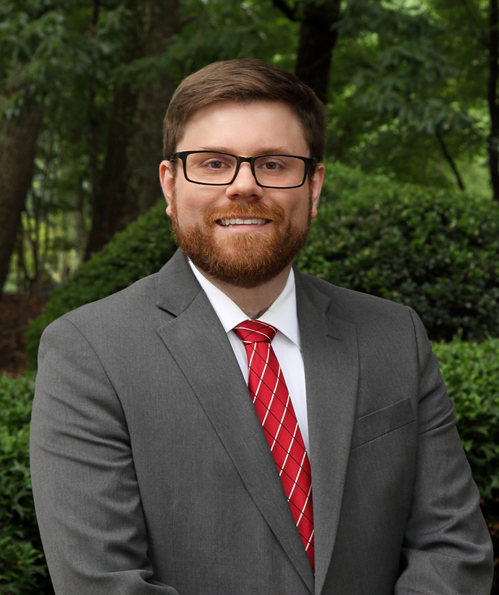DIY – Good for Your Backyard, Not Your Estate Planning

By Hunter Moreland, Esq.
As a result of the Covid-19 pandemic, more and more people have taken interest in protecting assets and planning for the future. Luckily, technology has evolved so rapidly that it’s now possible to secure cookie-cutter estate planning documents in just minutes. Gone are the meticulously crafted wills and Powers of Attorney; here, are the more modern online versions of form-fillable content that can be printed from the comfort of your own couch.
DIY Estate Planning Pitfalls
These estate planning documents and services, now becoming automated and computer-generated, cut down on costs and time, but beware; this route can frequently cause more trouble than you might expect.
In the world of estate planners, one of the biggest pitfalls we commonly see are handwritten wills, hastily prepared the night before a big vacation. While these documents may be sufficient in some states, others do not even recognize them as valid, and the courts may consider them as nothing more than a list of wishes, leaving property to pass via the intestacy statute(s) of your state.
Another common trend we have noticed is the advent of document generators creating standard forms based on information provided by pre-set questions. While these generators can be a good starting point for many, rarely will the generator fully encompass the numerous contingencies which could arise in the complexity of estate planning. For example, if a married couple intends their property to pass to the surviving spouse and then to their children, what happens if there is a child that has predeceased the couple? Will the property be distributed to the children of that child, or will their share simply go to the deceased child’s surviving siblings? What if there is an estranged family member you wish to specifically exclude from receiving any property whatsoever? What if the document generator allows you to input additional language which, unbeknownst to you, contradicts other information you included in a prior section? These are concerns that may not be considered by form-fillable content.
If the past year has taught us anything, life plans can change suddenly and unexpectedly. Some of these potential changes can be contemplated by your estate planning documents (naming a successor to a fiduciary role, for example), but some of these changes may not be contemplated by these cookie-cutter online forms. What if one of your children has amassed considerable debt and demonstrated poor fiscal responsibility, but per your will, that child would inherit a substantial sum of money? What if your sibling was going to inherit your house, but prior to your death, the house was sold? A well-crafted will can contemplate these changes and account for many other possibilities that you had not considered up to this point.
An increasingly popular tool for estate planning over the past several decades has been the use of trusts that hold assets for a smoother transition between generations. While some online software may offer trusts as an option, these documents can likewise run into many issues. As an additional hurdle, an oft-overlooked step in establishing a trust is the actual funding of the trust. While computer programs have advanced greatly over the years, it is unlikely that you will receive guidance tailored to your particular situation regarding how the trust should be funded and with what assets. If you do not place property into the trust (whether via cash transfers, retitling property, or other means), it is nothing more than a hollow shell on a piece of paper.
In addition to all of these previous scenarios, you must also consider the ever-changing legal landscape, particularly when it comes to estate and income taxation. An experienced attorney will be constantly monitoring the ebbs and flows of the legal climate and can offer narrowly-tailored advice specific to your situation. What works best for you may not necessarily be best for another person and a computer program may not take this into consideration. Having an attorney draft estate planning documents will ensure that each scenario unique to you will be considered and accounted for. Leave the DIY projects to your house and backyard and have experienced professionals handle your legacy.
For more information regarding this or any other estate planning matter and to schedule your appointment, please contact us at 404-255-7400 or info@hoffmanestatelaw.com.
Author
-

Hunter joined Hoffman & Associates in 2021 as an associate attorney licensed in the State of Georgia. He specializes in the areas of estate planning, probate, and tax law.
View all posts
Recent Posts
What Divorce Really Does to Your Estate Plan (Hint: Not Enough)
Unmarried? Estate Planning is Even More Important for You
Are You A Digital Nomad?
All Categories
Get a Free Consultation
Call us today to discuss your issue.



